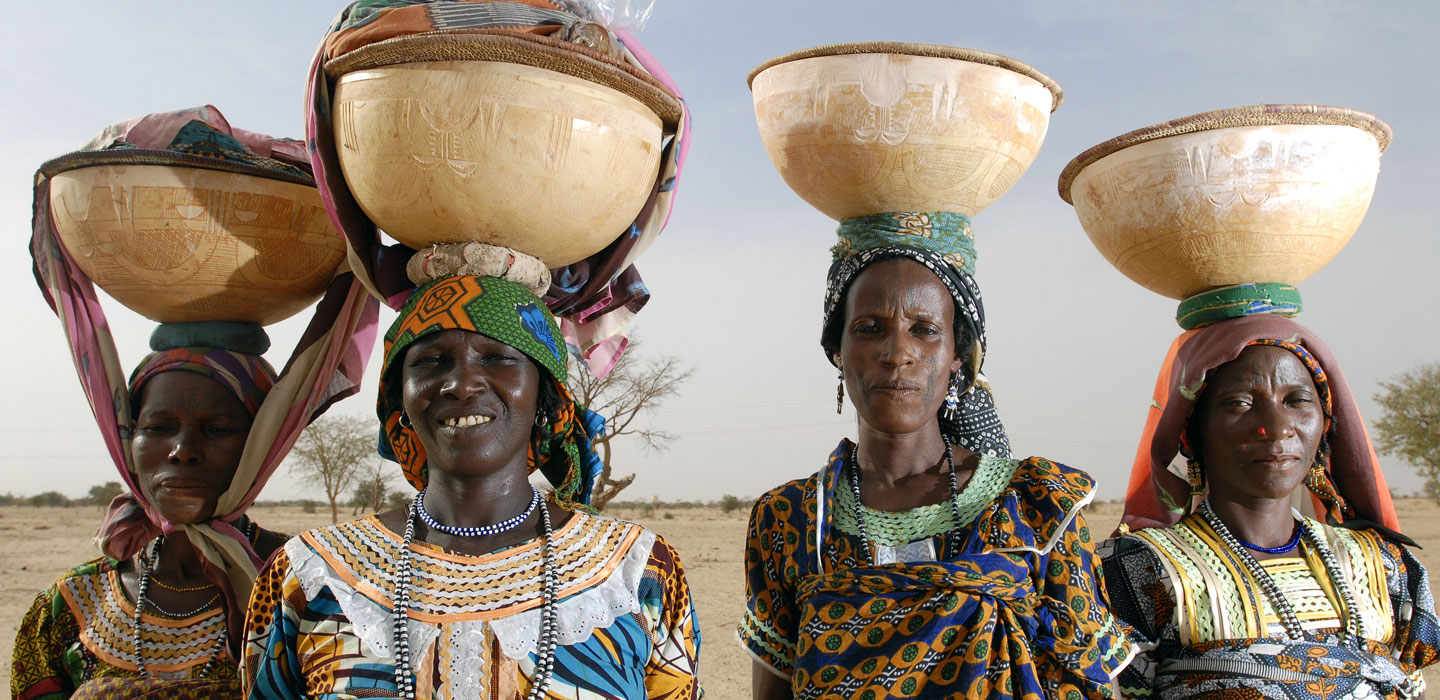Herramientas y Guías
Herramientas y Guías

Herramientas y Guías
Visualización del menú
Search Results Filters
Resultados de la búsqueda
Zipping up the Evidence - Dealing with non-counterfactuals in Viet Nam and Ghana
Participatory Impact Assessment and Learning Approach (PIALA)
Case study: Family life model, Uganda
Guía práctica: Metodologías basadas en los hogares
Notas sobre cómo Cómo evaluar los riesgos del cambio climático en proyectos de cadenas de valor
Notas sobre cómo Cómo medir la resiliencia al cambio climático
Notas sobre cómo Integración de sistemas portátiles de biogás en proyectos respaldados por el FIDA
El acceso a servicios modernos de energías renovables es un factor clave para erradicar la pobreza y garantizar la seguridad alimentaria.
Toolkit: Youth Access to Rural Finance
The Lessons Learned and How To Do Note on this topic provide IFAD country programme managers, project design teams and implementing partners with insights and key guidance on designing and offering appropriate financial services for rural youth. The toolkit on Youth Access to Rural Finance synthesizes best practices and offers examples from around the world.
Lessons learned: Youth Access to Rural Finance
Although there have been improvements in YFS access, youth are still lagging significantly behind adults in being able to access financial tools. Across high- and low-income countries, young people are less likely than adults to have a formal account. There are even starker differences related to a country’s income level, with 21 per cent of youth in low-income economies having a formal account compared with 61 per cent in upper-middle-income economies (Demirguc-Kunt et al., 2013).
Even with this data, determining the exact extent of youth access to financial services can be complicated because there is a lack of consistent data and definitions on youth (see Box 3). The lack of data is more limited for rural areas.
While there is some analysis of the urban-rural gap in access to financial services, with those living in cities significantly more likely to have an account than rural residents (Klapper, 2012), there are currently no comprehensive studies with disaggregated data for rural youth.
Una agricultura y un desarrollo rural que tienen en cuenta la nutrición
En 1977 el FIDA incluyó la mejora del “nivel de nutrición de las poblaciones más pobres de los países en desarrollo” entre los principales objetivos de su Convenio Constitutivo.
Desde entonces, los gobiernos, la sociedad civil y las organizaciones de desarrollo también han acabado reconociendo la importancia fundamental de la nutrición —que comprende la desnutrición, las carencias de micronutrientes y el sobrepeso— para el desarrollo.
La nutrición no es solamente un resultado del crecimiento económico, sino que, al mejorar el capital humano, es también un insumo esencial para el desarrollo económico y social.
Nota sobre ampliación de escala: Gestión del agua para uso agrícola
agricultores, quienes se encuentran en riesgo de perder la seguridad hídrica y caer nuevamente en la trampa de la pobreza. Por lo tanto, es preciso insistir en la necesidad de fortalecer la capacidad de las comunidades para adoptar y difundir las tecnologías de gestión del agua para uso agrícola.
Nota sobre ampliación de escala: Igualdad de género y empoderamiento de la mujer
El FIDA ha obtenido importantes resultados en la promoción de enfoques y procesos innovadores de incorporación de la perspectiva de género y favorables a las personas pobres en sus operaciones.
Effective project management arrangements for agricultural projects: A synthesis of selected case studies and quantitative analysis
Nota sobre ampliación de escala: Seguridad de la tenencia de la tierra
El acceso equitativo a la tierra y la seguridad de la tenencia de los grupos objetivo del FIDA son fundamentales para el desarrollo rural y la erradicación de la pobreza.
Smallholder livestock development: scaling up note
La producción ganadera en pequeña escala se basa principalmente en explotaciones familiares y es crucial para los medios de vida de las personas pobres de las zonas rurales, la seguridad alimentaria y la creación de empleo. Los animales proporcionan alimentos para el consumo familiar, productos para la generación de ingresos y dinero en efectivo que puede obtenerse rápidamente cuando se producen situaciones de emergencia y crisis externas (que pueden deberse a condiciones climáticas, casos de enfermedad, inestabilidad de los precios, etc.). Los animales son activos importantes que satisfacen diversas necesidades de los pequeños productores (proporcionan estiércol, fuerza de tiro y de carga, etc.) y tienen asimismo un valor cultural y espiritual. Las aves de corral y los pequeños rumiantes suelen estar a cargo de las mujeres y les proporcionan beneficios directos.